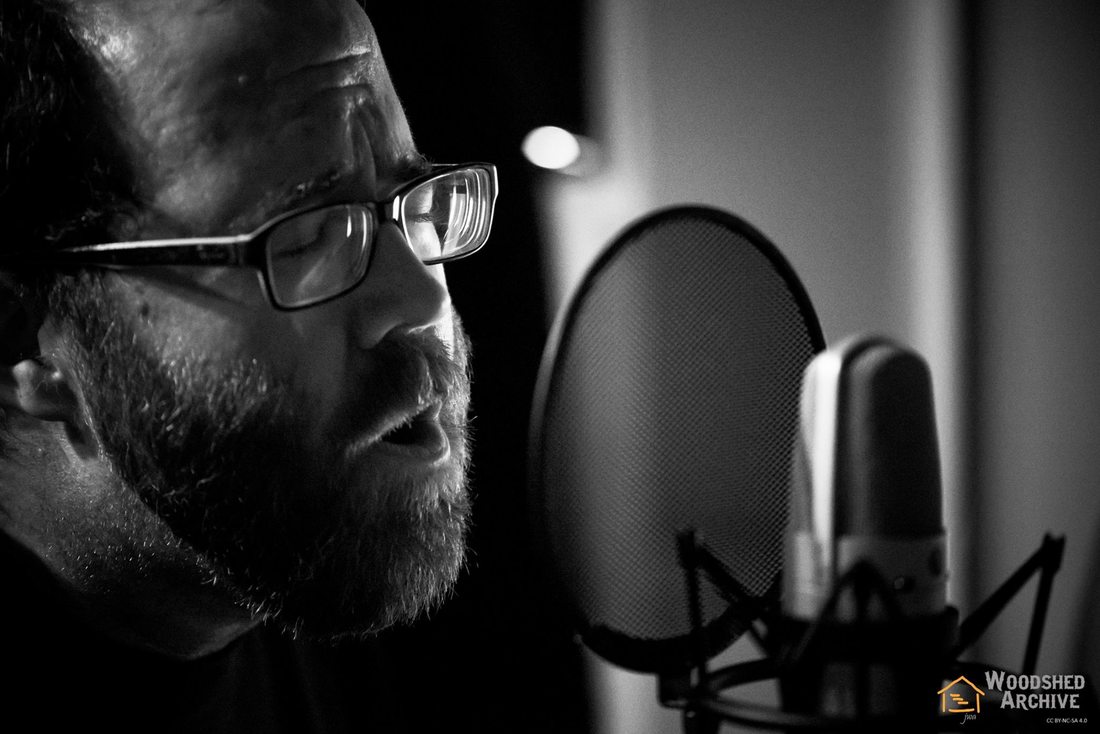|
Todd Mathis' song "Old Man" is led by the growl of an electric guitar and the driving counterpoint of a pentatonic piano line. Mathis' new record, Love in the City is about the complexity of the human experience. Even though the sounds on it are impressive, it is Mathis' domestic narratives are a stand-out. Mathis is Pete Yorn with a more mature outlook on life--and he's got a lot left to say.
You can listen to the song and pre-order Love in the City here SC: I love how this song balances the great love the speaker feels for their partner with the reality of a world that is hard to comprehend. Despite the speaker identifying as someone “with a barnside grin and butterfly brain” they are still choosing the hard work of happiness. What were some of the challenges with creating a song that reflects a more adult version of happiness? TM: Adult happiness is hard. When you first fall in love you throw it all away and just go for it, but after you've been in love for a while and you're starting a family, you acquire more responsibilities which means you just can't "throw it all away" anymore. And the main character here is struggling with just that. He's also a little wary from getting burned in the past, but in the end, decides to go for it. SC: What was your writing process like for “Old Man”? TM: The original concept was from an Ann Peebles song my wife was singing around the house that went "old man/with young ideas/unbelievable/the way that he makes me feel." She would joke and call me the "old man." So I decided to write my own "Old Man" song based on some of my personality traits. Number one, I have trouble with change, so that's where that first verse comes in. The second verse hints at past relationship struggles which I've also experienced. But this "new" old man has decided to throw it all away again and dive in. The "barnside grin and butterfly brain" were used to give the image of a silly/goofy new love, like when you're walking around all crazy and out of your head. I wrote the lyrics first, as I do 90% of the time, but had a melody in my head with them, then figured it out from there. SC: How often do you write? Do you keep a songwriting schedule or do you wait to be inspired? TM: I usually wait to be inspired, although this past year I started meeting with a group of songwriters and we'd write a song a month based on a topic drawn at random, so that's been a nice challenge. I also try and keep a weekly studio night to work on projects and I'm always singing into my iPhone or texting myself lyrics at 2am. I find that my songwriting comes in spells and I'm fine with that. I don't write it if I don't have something to say and if it isn't there then I don't push it. If I do try and push it, I usually end up throwing that away. I do keep pieces of unfinished songs around and sometimes I'll get those out, look at them and be inspired to finish them, but most of the time I'll just start from scratch. SC: How does your community of songwriters influence your writing? TM: I'm not sure that they do as much anymore. I used to go out and see a lot more shows and pay attention to whatever one was going, but with three girls under 10 in the house, I'm usually in bed when those get started these days. The songwriting group I mentioned earlier has pushed me a bit to try some different things and to just write and not waiting to be inspired. I think that's a good thing. But I also think it's good to just do your own thing and try not to pay much attention to what's going on around you. I mean, I'm not breaking any new ground here with what I'm doing. As my friend Larry used to say, "It's all been done since Amazing Grace." I just love doing it and will probably be writing until I'm dead.
0 Comments
Leave a Reply. |
The Sound Connector is an online magazine for songwriters. We feature songwriting challenges, monthly interviews, and the opportunity to discover new songwriters. We are interested in all things related to the craft of songwriting. Do you want to be featured on The Sound Connector? Send us your songs!
Categories |

 RSS Feed
RSS Feed